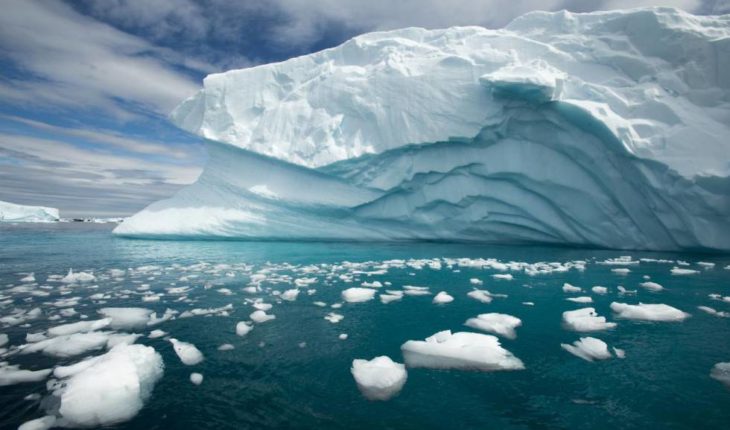The average temperature of the planet in each year between 2020 and 2024 will be higher than at least 1oC compared to the pre-industrial era, with likely peaks exceeding 1.5oC, the UN said Thursday.
According to the new weather forecasts published by the World Meteorological Organization (WMO), during the period 2020–2024, almost all regions, except some southern ocean areas, will have temperatures above recent values.
Weather conditions will be wetter than in recent years at the high latitudes of the planet and in the Sahel, and probably drier in northern and eastern South America.
Stronger western winds will occur in the north of the North Atlantic, causing more storms in western Europe.
Due to human activities, the planet has already gained at least 1oC since the 1850-1900s, and climate catastrophes have multiplied.
The last lustro has been the hottest ever recorded.
The average global temperature should remain higher than at least 1oC until 2024, according to WMO.
And the probability that exceeds pre-industrial levels by 1.5oC for at least one of these five years is 20%.
However, it is extremely “unlikely” that the average five-year temperature for the period 2020–2024 is higher than 1.5oC.
These forecasts do not take into account changes in greenhouse gas and aerosol emissions recorded during the confinement imposed to curb the covid-19 pandemic.
According to WMO Secretary-General Petteri Taalas, reducing CO2 emissions this year should not lead to a decrease in atmospheric CO2 concentrations, which are the cause of the rise in global temperature.
WMO has pointed out on several occasions that the industrial and economic slowdown caused by covid-19 cannot replace sustainable and coordinated action for the climate,” he said.
By 2020, WMO estimates that large land areas in the northern hemisphere will have temperatures above 0.8oC in the 1981–2010 period.
Arctic warming is likely to be more than twice the global average this year. Many regions of South America, Southern Africa and Australia will have drier conditions than in recent years.
The covid-19 pandemic “has caused a serious global health and economic crisis but if we don’t fight climate change, human well-being, ecosystems and economies could be threatened for centuries,” Petteri Taalas warned.
translated from Spanish: UN forecasts high temperatures from 2020 to 2024
July 12, 2020 |





